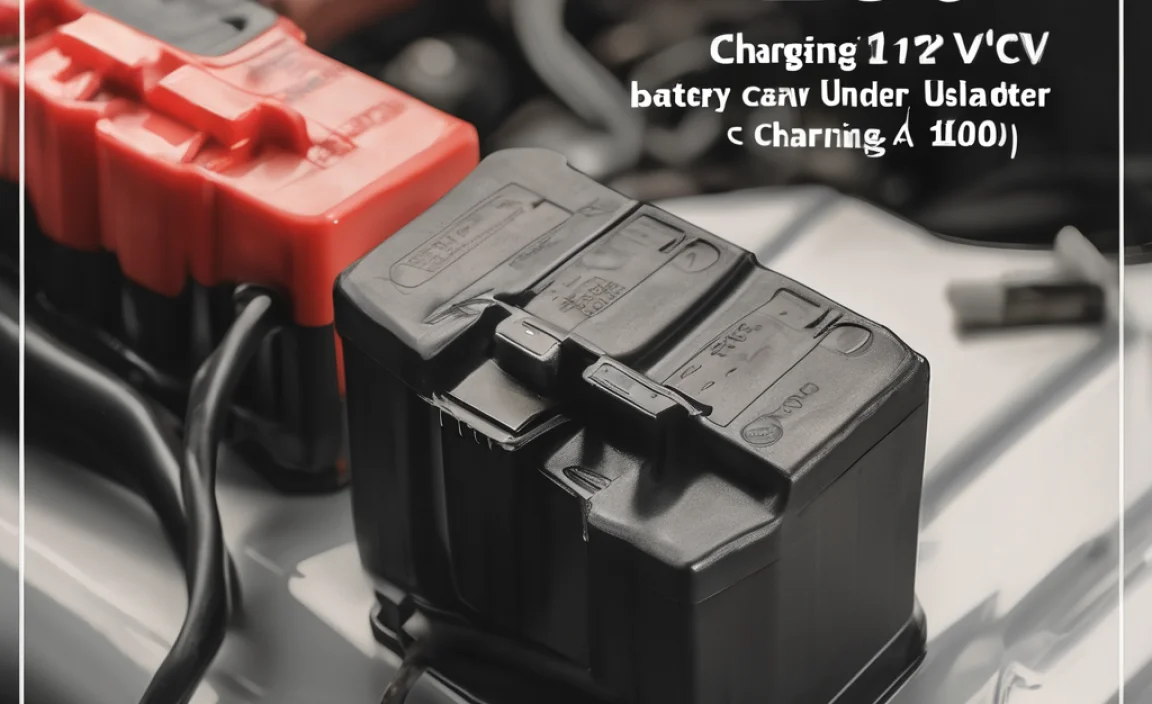Lithium battery for truck technology has revolutionized the automotive industry, offering a compelling alternative to traditional lead-acid batteries. For truck owners and fleet managers alike, the pursuit of best performance is paramount, and it’s here that lithium-ion batteries truly shine. Their advanced chemistry and design deliver a suite of advantages that directly translate into enhanced operational efficiency, reduced downtime, and ultimately, a more cost-effective solution. This article delves into why lithium batteries are the superior choice for trucks, examining their performance metrics, practical benefits, and the future of this transformative technology.
Unpacking the Advantages of a Lithium Battery for Truck Applications
The core appeal of a lithium-ion battery for truck applications lies in its superior energy density. This means more power can be packed into a smaller and lighter package. For heavy-duty vehicles, where weight can impact fuel efficiency and payload capacity, this is a significant advantage. Unlike their lead-acid counterparts, which degrade considerably over time, lithium batteries maintain a more consistent voltage output throughout their discharge cycle. This translates to more reliable starting power, even in challenging environmental conditions, and a more stable power supply for onboard electronics.
Furthermore, the charging efficiency of lithium batteries is substantially higher. They can accept a charge much faster than lead-acid batteries, meaning trucks spend less time tethered to chargers and more time on the road. This is a critical factor for commercial operations where every minute of uptime is a revenue stream. The “fast charging” capability significantly reduces the impact of auxiliary power demands on overall operational time.
Achieving Best Performance: Key Metrics and How Lithium Delivers
When we talk about best performance for a truck battery, several key metrics come into play:
Lifespan: This is arguably where lithium batteries demonstrate their most dramatic superiority. A typical lead-acid battery might last 3-5 years in a demanding truck environment. Lithium-ion batteries, with proper management, can easily achieve 10-15 years or more. This longevity drastically reduces the total cost of ownership, as the need for frequent replacements is eliminated. The robust construction and stable chemistry resist the sulfation and internal degradation that plague lead-acid batteries.
Power Output and Cranking Amps (CA) / Cold Cranking Amps (CCA): While lead-acid batteries are known for their high initial cranking amps, lithium batteries often provide a more sustained and powerful output, particularly in cold weather. Advanced Battery Management Systems (BMS) integrated into lithium battery packs ensure that the cells are balanced and protected, allowing them to deliver maximum power when needed. This consistent power delivery means easier starts, even in sub-zero temperatures, and reliable operation of high-demand accessories without voltage sag.
Weight: As mentioned, weight is a crucial consideration for trucks. A lithium battery can be up to 70% lighter than a comparable lead-acid battery. This reduction in weight can be reinvested into increased payload, improved fuel economy, or simply a more agile vehicle. For those operating fleets, even a few pounds saved per truck can add up to significant operational efficiencies.
Cycle Life: This refers to the number of charge and discharge cycles a battery can endure before its capacity significantly diminishes. Lithium batteries boast an exceptionally high cycle life, often thousands of cycles, compared to hundreds for lead-acid. This means they can handle the frequent power demands of a truck – starting, powering auxiliary equipment, and recovering from deep discharges – with far greater resilience.
* Depth of Discharge (DoD): Lead-acid batteries suffer significantly when discharged deeply. Regularly drawing more than 50% of their capacity can drastically shorten their lifespan. Lithium batteries, on the other hand, can be discharged much deeper, often to 80% or even 100% of their capacity, with minimal impact on their overall longevity. This flexibility in usage means drivers can utilize the battery’s stored energy more effectively without fear of premature failure.
Addressing Common Concerns and Considerations
While the benefits of a lithium battery for truck operations are clear, some considerations deserve attention. The initial purchase price of lithium batteries is typically higher than that of lead-acid batteries. However, when factoring in their extended lifespan, reduced maintenance, and improved performance, the total cost of ownership often proves to be lower over the vehicle’s life.
Another point often raised is the need for specialized charging systems and Battery Management Systems (BMS). While this is true, modern advancements have made these systems more integrated and user-friendly. The BMS is crucial for protecting the lithium cells from overcharging, over-discharging, and extreme temperatures, ensuring safety and maximizing performance. This integrated intelligence is a key differentiator that contributes to the best performance and reliability.
For applications involving extremely demanding conditions, such as those found in mining or heavy construction, robust battery chemistries and advanced thermal management are essential. Manufacturers are continually innovating, developing specialized lithium chemistries and enclosure designs to meet these challenges, ensuring that the best performance can be achieved even in the harshest environments.
The Future of Lithium Truck Batteries
The trajectory for lithium battery technology in the truck sector is one of continuous improvement and wider adoption. As manufacturing scales increase, costs are expected to continue decreasing. Research and development are focused on even higher energy densities, faster charging capabilities, and enhanced safety features. We are likely to see further integration of smart technologies, allowing for predictive maintenance and real-time performance monitoring via telematics.
Moreover, the increasing focus on sustainability and emissions reduction further bolsters the case for lithium batteries. Their longer lifespan means fewer batteries end up in landfills, and their lighter weight contributes to improved fuel efficiency, reducing the carbon footprint of transportation.
In conclusion, for truck owners and operators seeking the best possible performance, reliability, and long-term value, a lithium battery for truck applications represents a clear upgrade. Their superior lifespan, consistent power delivery, lighter weight, and high cycle life collectively contribute to a more efficient, cost-effective, and ultimately, more powerful trucking operation. As the technology matures and becomes more accessible, the dominance of lithium-ion in the heavy-duty vehicle market is all but inevitable.


